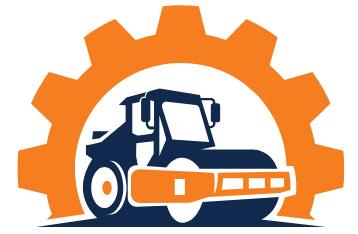When it comes to paving projects, one critical factor often overlooked is the type of asphalt mix being used. Whether you’re planning a driveway, parking lot, or roadway, the asphalt mix you choose plays a major role in the durability, cost, and performance of the finished surface. Understanding the different types of asphalt mixes and how they influence your estimate is essential for making informed decisions and ensuring your project stays within budget.
What Are Asphalt Mix Types?
Asphalt mixes are combinations of aggregates (such as crushed stone, gravel, and sand) and bitumen, a petroleum-based binder. The type of mix you choose depends on the intended use, traffic load, climate, and project budget. Here are the most common asphalt mix types:
- Hot Mix Asphalt (HMA):
This is the most commonly used mix for high-traffic areas like highways and major roads. It’s mixed and laid at high temperatures, which makes it durable and weather-resistant. However, it tends to be more expensive than other options due to the energy-intensive process. - Warm Mix Asphalt (WMA):
Warm mix asphalt is similar to HMA but is produced at lower temperatures. It’s more environmentally friendly and easier to work with, especially in cooler climates. While slightly cheaper to produce, the cost savings might be offset by additives used in the mix. - Cold Mix Asphalt:
Used mainly for temporary repairs, cold mix is produced without heating and can be stored for long periods. It’s ideal for patching potholes but lacks the strength and longevity of hot or warm mix asphalt. - Porous Asphalt:
Designed to allow water to drain through the surface, porous asphalt is a great option for parking lots and areas prone to water accumulation. Although it helps with drainage, it requires a more complex installation process and may be costlier upfront.
How Asphalt Mix Type Affects Your Estimate
The choice of mix impacts several cost factors:
- Material Costs: Different mixes have varying material requirements and binder content, which influence the overall price.
- Labor and Equipment: Hot mix requires more specialized equipment and quicker installation, affecting labor costs.
- Longevity and Maintenance: While a more expensive mix might have a higher initial cost, it could reduce maintenance needs over time, making it more cost-effective in the long run.
- Climate Suitability: Choosing a mix suited for your region’s climate can prevent premature cracking or rutting, saving money on repairs.
Before making any decisions, it’s wise to get an accurate volume estimate of the materials needed. You can use an online tool like the Asphalt Calculator to determine how much asphalt your project requires based on dimensions and desired thickness. This can help you better understand how the mix type will affect your total project cost.
Final Thoughts
Choosing the right asphalt mix is about balancing performance, climate, and cost. While it might be tempting to go with the cheapest option, considering the long-term durability and maintenance needs is crucial. Tools like the Asphalt Calculator can provide clarity during the planning phase and help ensure your project is completed efficiently and within budget.



